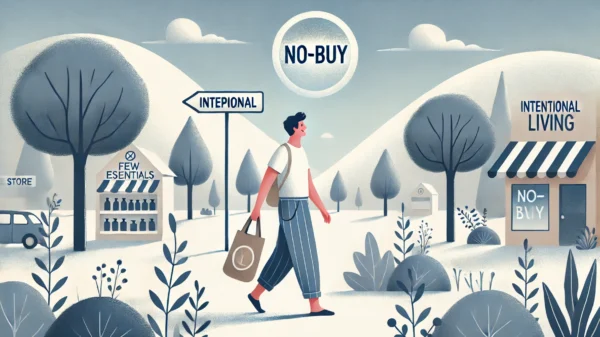Introduction
Living an eco-friendly lifestyle is becoming increasingly important as we strive to protect the environment and create a sustainable future. By making conscious choices and adopting sustainable practices, we can reduce our carbon footprint and contribute to a healthier planet. In this blog post, we will explore some valuable insights and provide practical tips for embracing an eco-friendly lifestyle.
1. Reduce, Reuse, Recycle
One of the fundamental principles of sustainable living is the mantra of “reduce, reuse, recycle.” By reducing our consumption, reusing items, and recycling waste, we can significantly minimize our impact on the environment. Start by being mindful of your purchases and only buy what you truly need. Opt for reusable products and containers whenever possible, and make sure to recycle materials such as paper, plastic, and glass.
2. Conserve Energy
Energy conservation is a crucial aspect of an eco-friendly lifestyle. By reducing our energy consumption, we can lower greenhouse gas emissions and decrease our reliance on fossil fuels. Start by making small changes such as turning off lights when not in use, unplugging electronics when they are not being used, and using energy-efficient appliances and light bulbs. Additionally, consider installing solar panels to generate clean and renewable energy for your home.
3. Choose Sustainable Transportation
Transportation is a significant contributor to carbon emissions. To reduce your carbon footprint, opt for sustainable transportation options whenever possible. Consider walking or biking for short distances, carpooling with friends or colleagues, and using public transportation. If you need to own a car, choose a fuel-efficient or electric vehicle to minimize your impact on the environment.
4. Embrace a Plant-Based Diet
The food we consume has a considerable environmental impact. Animal agriculture is a significant contributor to greenhouse gas emissions, deforestation, and water pollution. By adopting a plant-based diet or reducing your meat and dairy consumption, you can significantly reduce your carbon footprint. Incorporate more fruits, vegetables, legumes, and whole grains into your meals, and explore delicious plant-based recipes.
5. Support Sustainable Brands
When making purchasing decisions, choose to support brands that prioritize sustainability and ethical practices. Look for certifications such as Fair Trade, Organic, or B Corp, which indicate a commitment to social and environmental responsibility. By supporting these brands, you are encouraging sustainable production methods and contributing to a more sustainable economy.
6. Reduce Water Consumption
Water is a precious resource, and conserving it is essential for sustainable living. Reduce your water consumption by fixing leaks, taking shorter showers, and using water-efficient appliances. Collect rainwater for gardening and landscaping purposes, and consider installing low-flow showerheads and faucets to further reduce water usage.
7. Connect with Nature
Connecting with nature is not only beneficial for our well-being but also helps us develop a deeper appreciation for the environment. Spend time outdoors, go for hikes, visit local parks, or start a garden. By immersing ourselves in nature, we can cultivate a sense of responsibility and develop a stronger desire to protect and preserve our planet.
Conclusion
Adopting an eco-friendly lifestyle is a powerful way to contribute to a sustainable future. By following these insights and implementing these tips, you can make a positive impact on the environment and inspire others to do the same. Remember, every small action counts, and together we can create a more sustainable world.




































